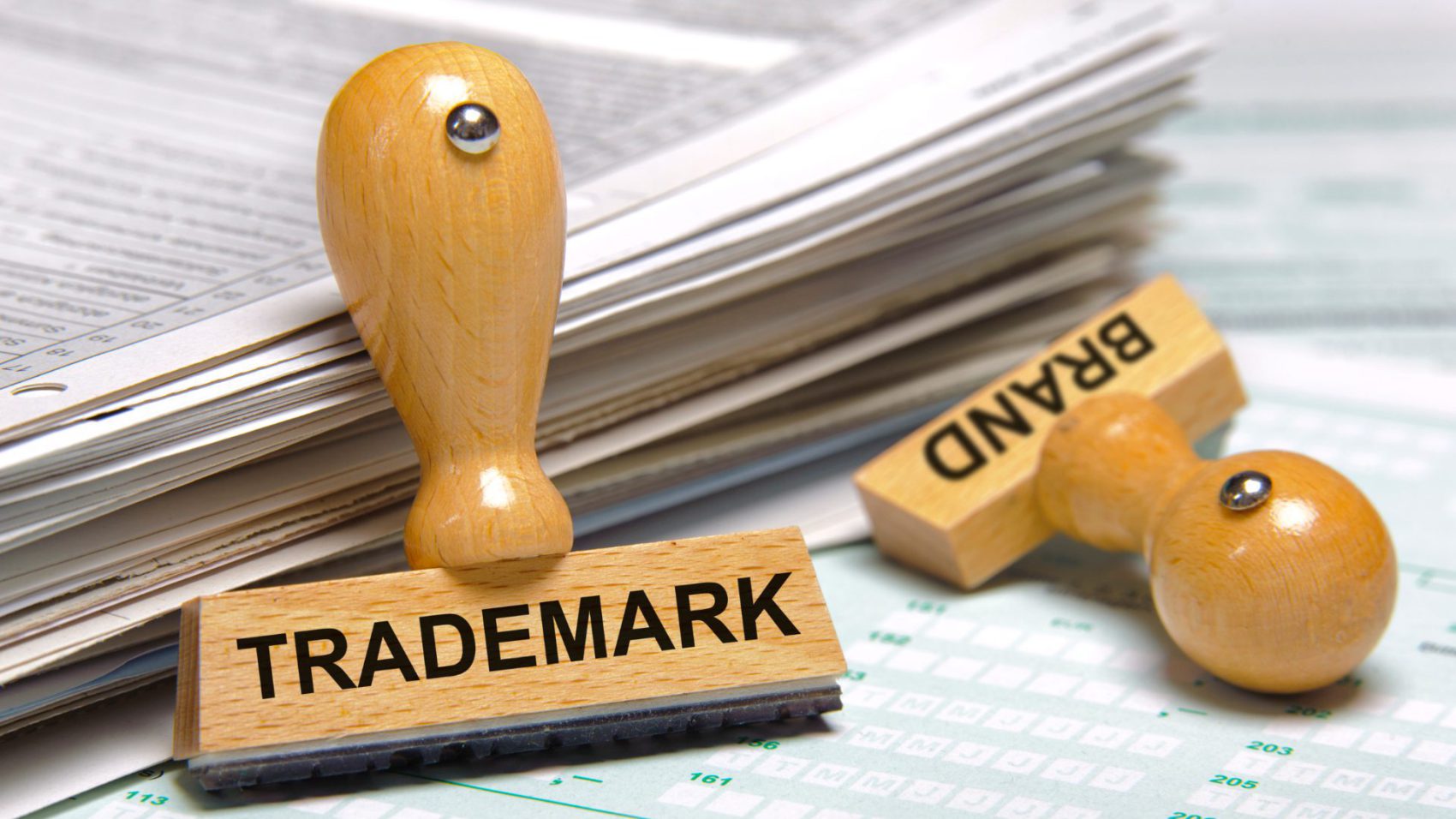When you run a (technical) company, you could strive for innovation and invest a lot of money in Research and Development as well as time and effort to get your product to the market.
Naturally, you want to ensure that you are the sole beneficiary of your efforts and final product. A competitor may not profit directly from the product you introduce to the market. As a result, it’s critical to be aware of your options for protecting your brand or (technical) intellectual property.
There are numerous terminologies that are used in relation to intellectual property law. It can be challenging to distinguish between the various ones at times. We will explain the distinctions between filing for a patent and registering a trademark in this blog. Ready to register your Trademark? Bolder Launch can help you with this process; visit our Trademark Registration Service Page for more information.
Trademark vs. Patent
Trademark
The cost of trademark registration in The Netherlands, or even in Europe, is relatively cheap, but it offers your company a lot of brand protection.
Your competitor will be unable to simply take over the name and/or utilize it on the market if you register your brand’s trademark. Numerous issues arise as a result, including reputational harm (due to potential inferior products or services offered by the clone competitor) and the unfavourable reality that someone else is making money from something you have developed.
Trademark registration for your brand, logo or something similar protects you from piracy. Furthermore, a registered trademark can aid in the expansion of your business, such as in the form of a franchise concept. Your franchisees pay an annual franchise fee to use your trademark as part of the franchise concept. This is an excellent example of trademark capitalisation.
Patent
It is relatively simple to demonstrate the distinction between a patent and a trademark registration.
For instance, the brand name iPhone is only registered as a name. A technical breakdown of the device’s construction and Apple’s innovations in this area is also necessary. The business, for instance, can decide whether to sell the expertise it has acquired on the technology and applications of the iPhone to other businesses. According to the patent, you cannot just use the technology because it is owned by Apple and operates in this manner. A patent is a synonym for the term.
What are the similarities?
A brand name and a patent both have a connection to intellectual property law. With the first, you are the only person permitted to use the name after you request it, and it is assigned to you. Therefore, it cannot be used by a competitor. For example, the Coca-Cola Company owns the trademark for Sprite but of course, they also have Coca-Cola as a brand. As a result, a company may have several trademarks that must be registered if they only want to be the owner of this trademark.
A patent is a similar structure in which a technical company records a specific technical invention that they have made as their intellectual property. For example, if Apple develops a new lens for their smartphone, Samsung may not simply copy it into their phones. A patent ensures that your developed technical idea, which costs a lot of money to develop, cannot be simply grabbed and used for free by Samsung. Intellectual property rights apply here as well.
What are the differences?
The duration of the protection that follows the registration of intellectual property rights is a key distinction between the two types of registration. For instance, trademark registration has a 10-year validity period, whereas a patent often has a 20-year validity period. It is possible to request an extension for the same duration after these times and so forth. Furthermore, a brand name is about the name of a product, whereas a patent, is much more about the description of a technical invention.

